 (412) 364-9114
(412) 364-9114
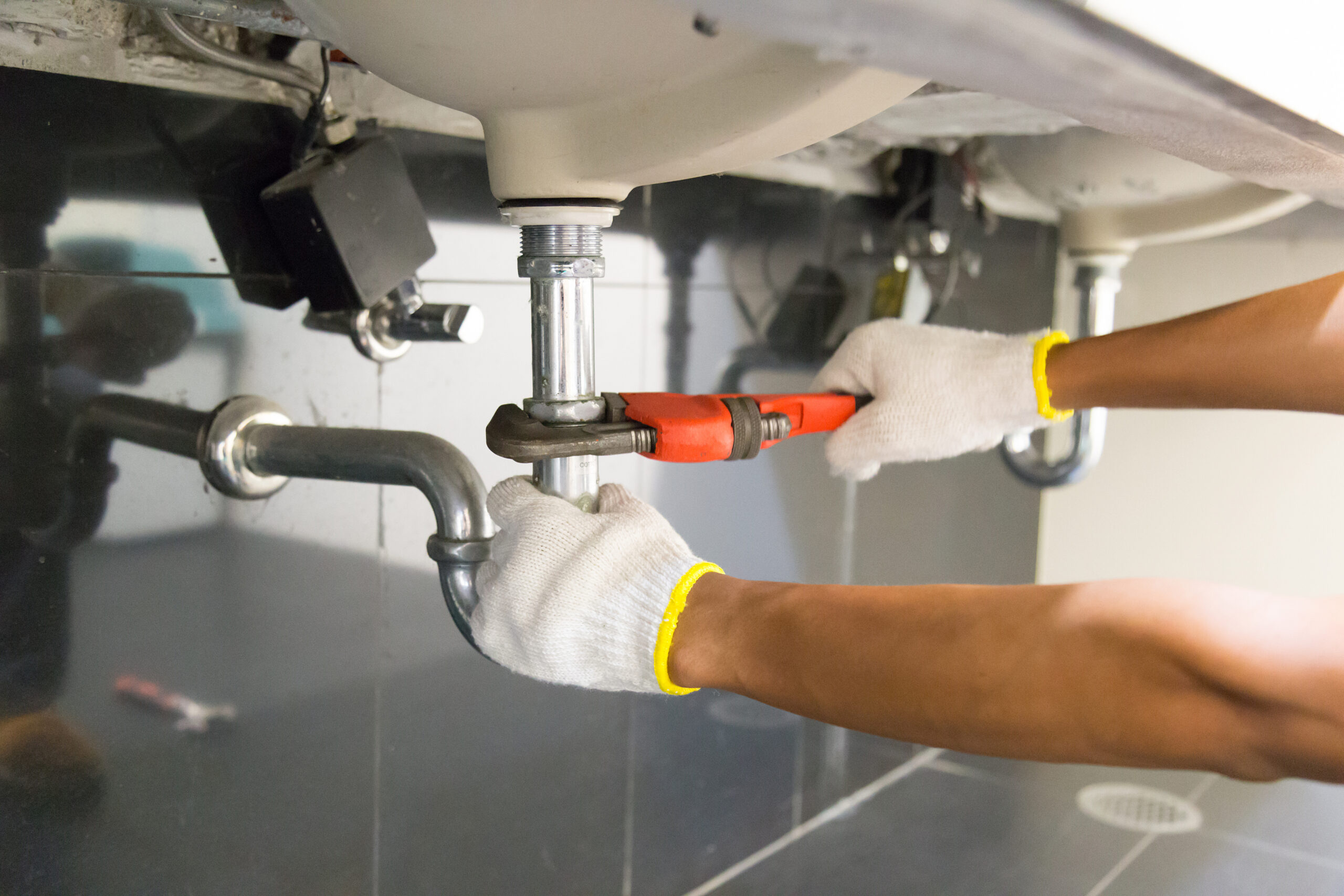
The plumbing industry is constantly evolving. In this roundup, we take a look at why the water authority expects an increase in water line breaks, the recently completed Snowdon Climb For Charity fundraiser, and the new workforce training offered by CHS. Keep on reading our news roundup for more details.
Read more »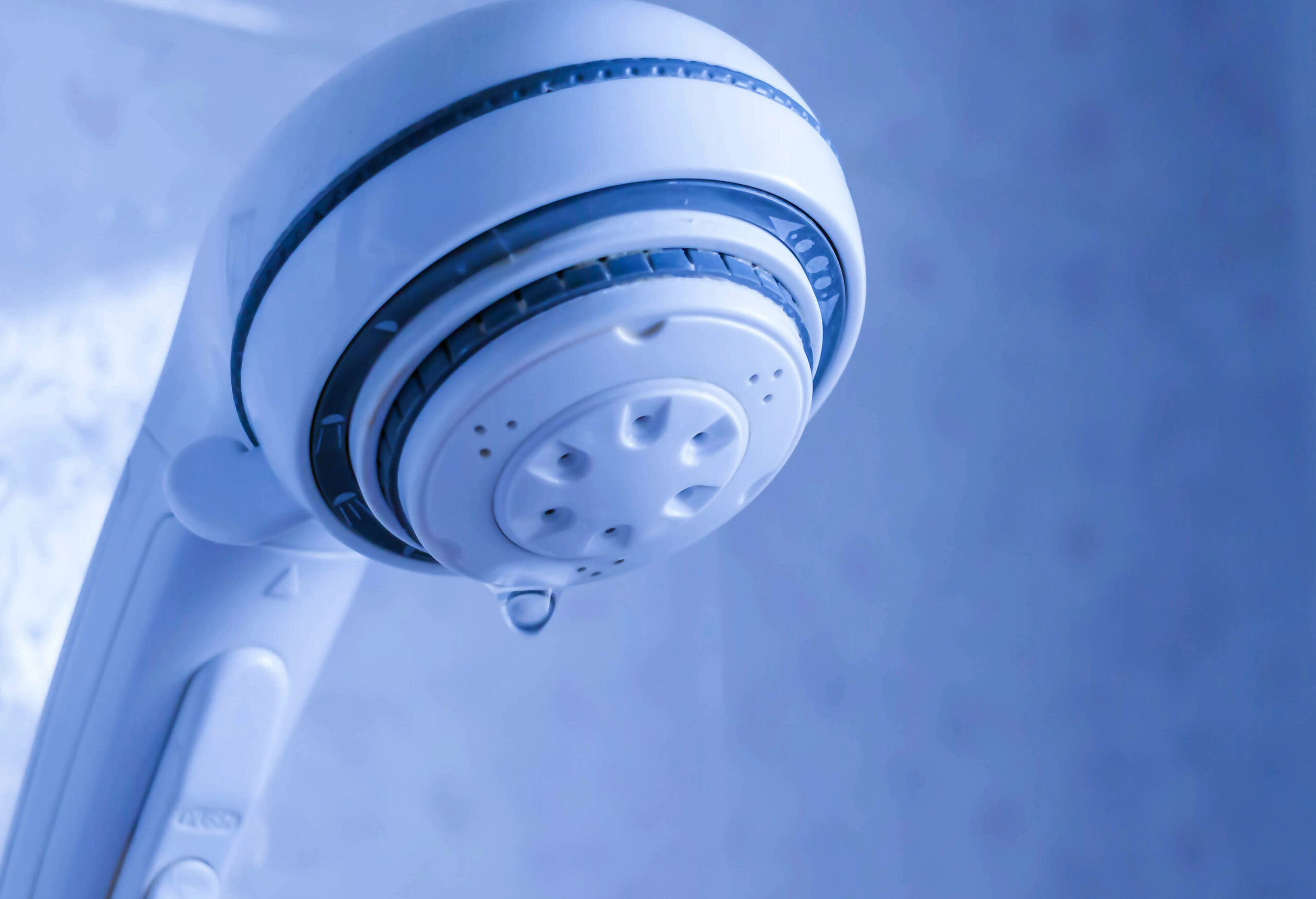
A leaky shower faucet is more than annoying; it’s expensive. Your money is going down the drain in the form of higher water bills. Fortunately, most leaky shower faucets can be fixed in a few DIY steps. Use this guide to learn how to fix a leaky shower faucet.
Read more »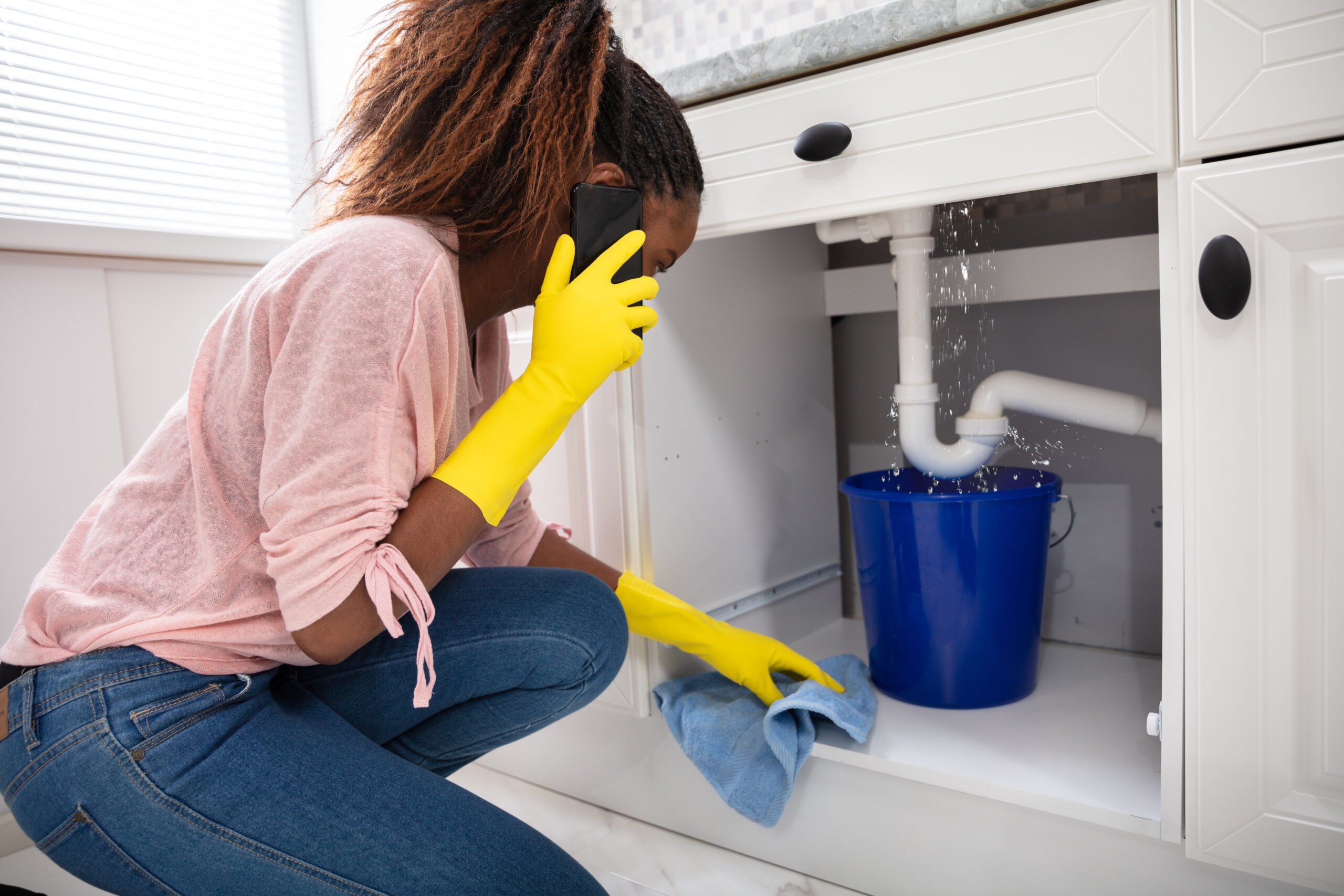
Leaking water under the sink can be caused by a number of problems. At Terry’s Plumbing, we encounter leaks under the sink all the time, but find that the reasons behind these problems can be varied. In this post, we’ll cover some of the most common causes of water leakage under the sink and suggest solutions that can help.
Read more »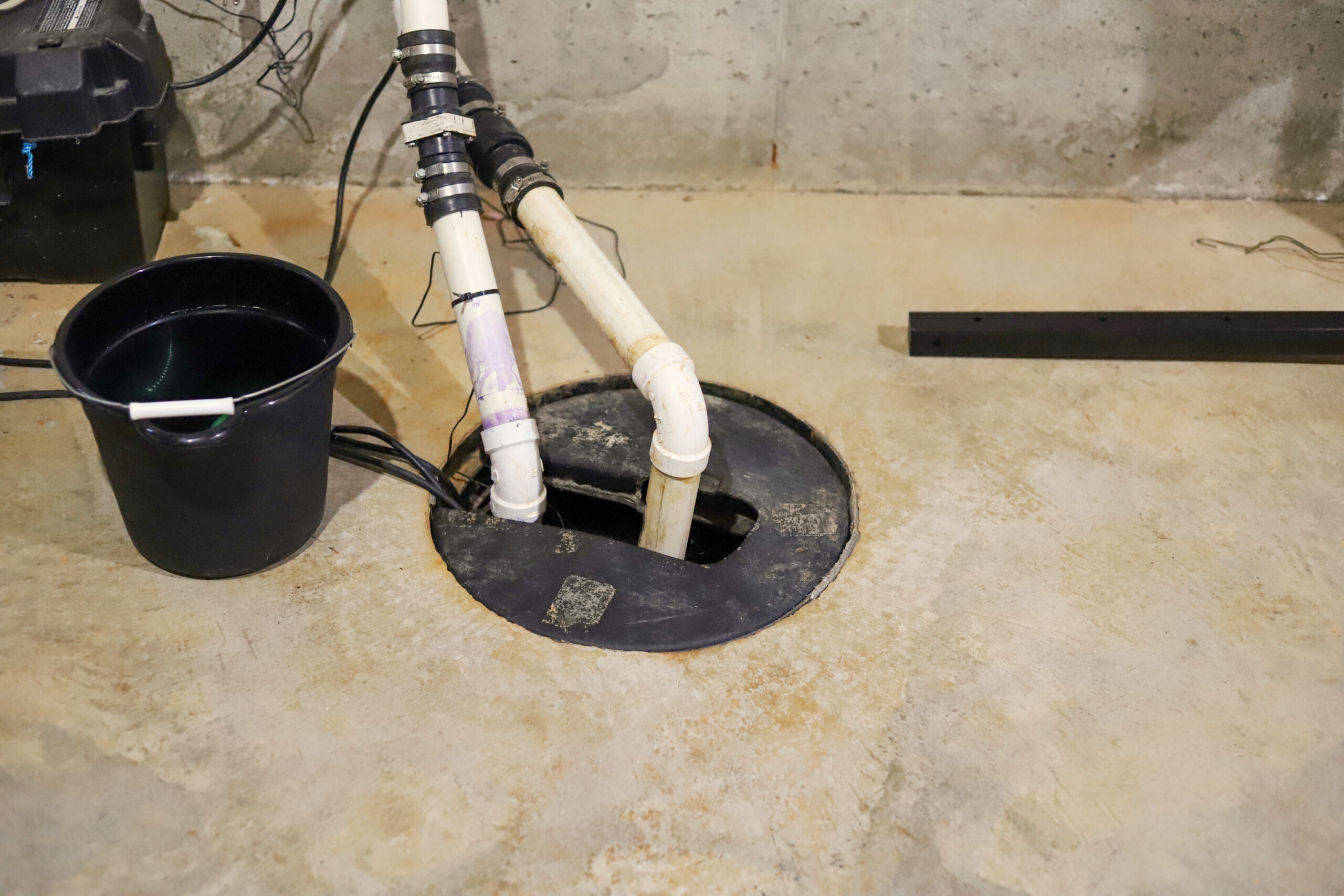
Regular cleaning and maintenance will keep your sump pump functioning properly, so it’s always prepared for when you need it most. Most models should be cleaned once a year, but be sure to check your manual for more detailed information. If you don’t feel comfortable cleaning it yourself, that’s okay! An expert can always do it for you, but either way you should familiarize yourself with the process.
Read more »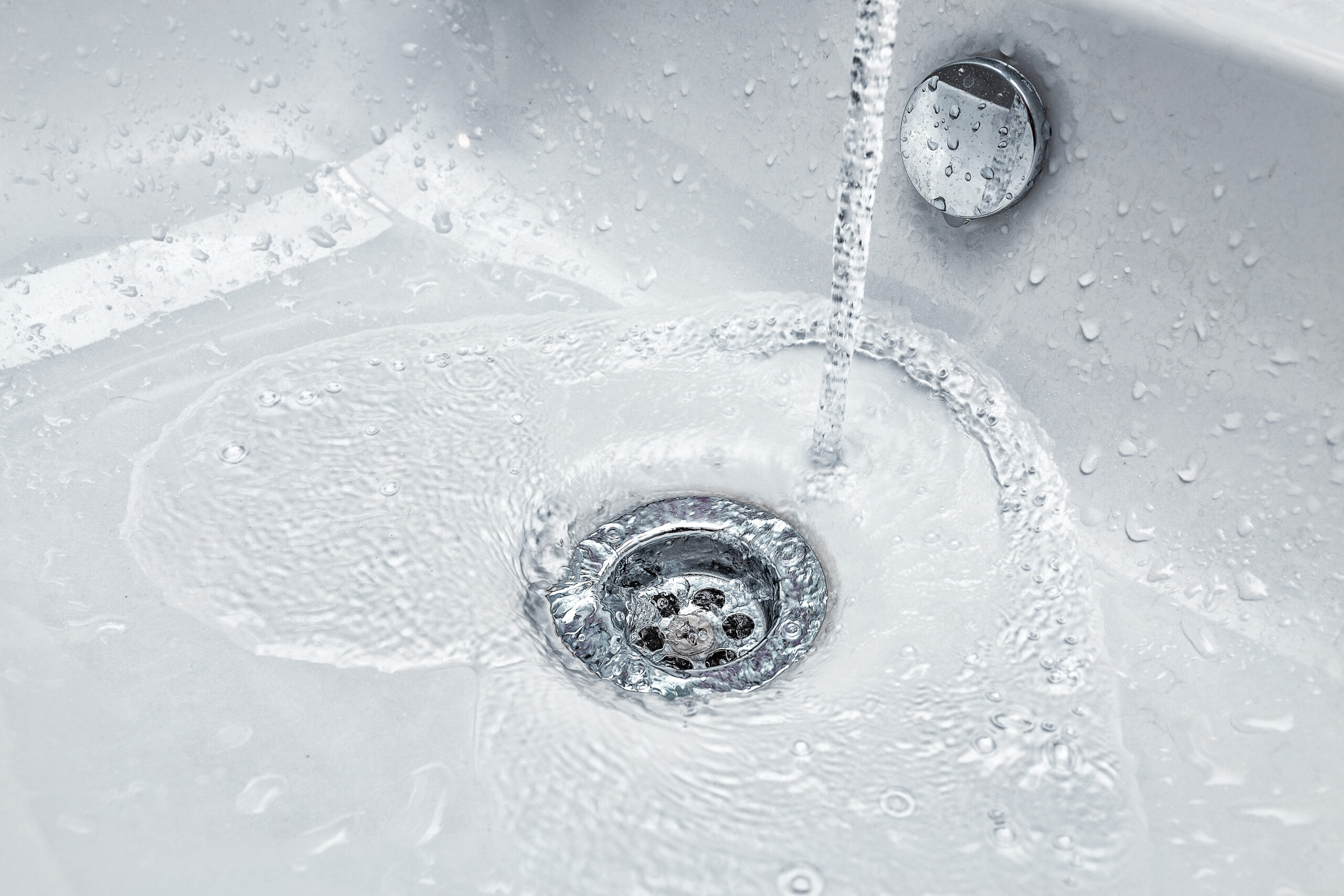
Commercial water issues are something that just can’t be ignored. Virtually every business in operation relies on water. Some more than others. But for all of them, because they are commercial, water issues will always be at the forefront of their concerns. So the following are five common commercial water issues, both present and emerging.
Read more »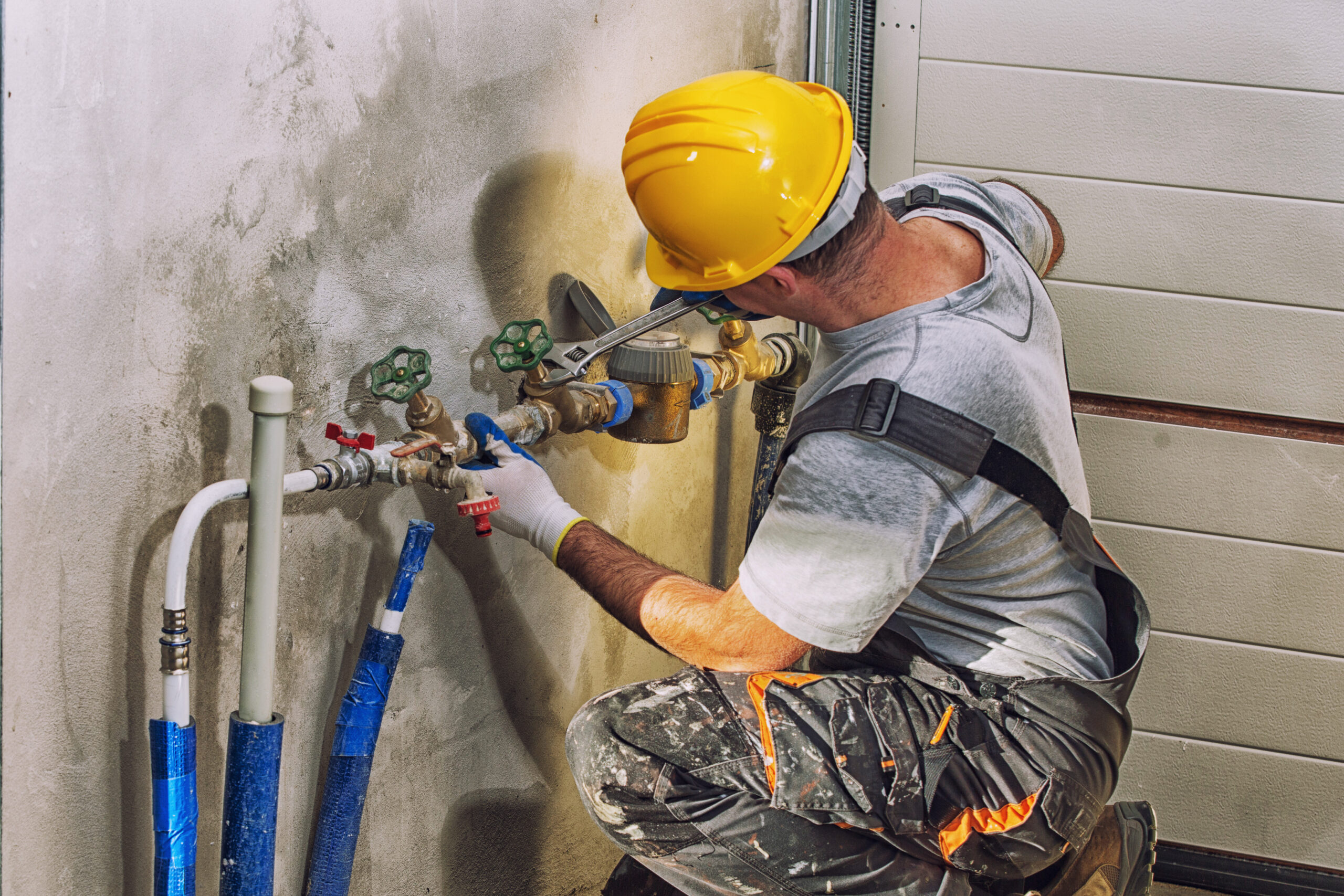
The plumbing industry is constantly evolving. In this roundup, we take a look at Adrienne Bennett and her influence on the industry, a new sewer cleaning robot is put to the test, and new induction cooktop styles hit the market. Keep on reading our news roundup for more details. Adrienne Bennett is Making Waves in the Industry Adrienne Bennett is a female pioneer in the American plumbing and construction industry. She is North America’s first female African American licensed master plumber, plumbing inspector, and certified medical gas inspector. Adrienne sees her position as a blessing that will enable her to […]
Read more »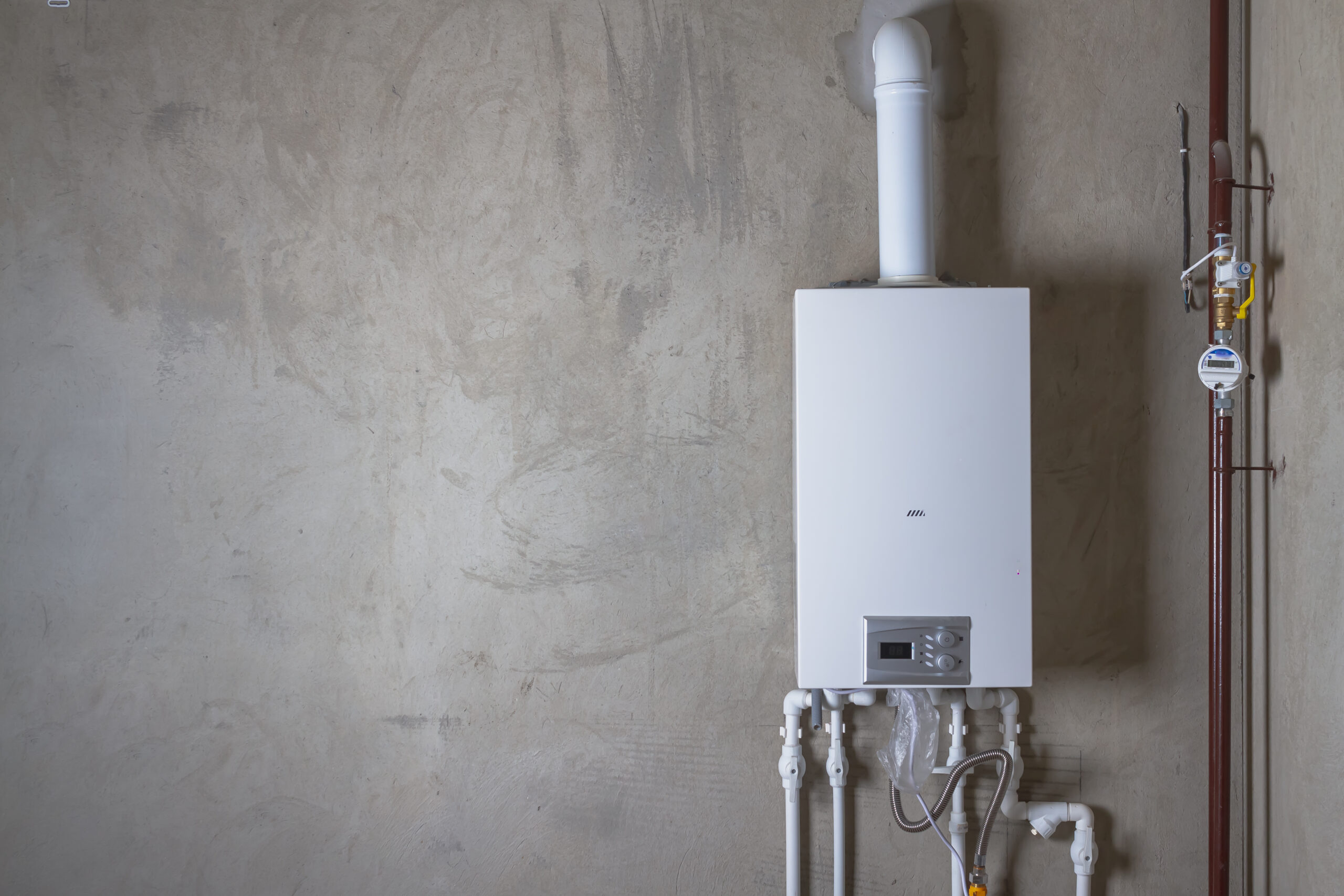
Whether you’re purchasing your first home or moving somewhere new, you’ll want to address your water heater. If you’re looking to replace an older model or to purchase your first one after a catastrophe, don’t think you have to immediately commit to a traditional water heater. Tankless water heaters, comparatively, can save you money on your bills while quickly delivering hot water to your facets. If you’re having trouble making this big decision then keep on reading! This blog takes a look at the differences between traditional water heaters and their tankless counterparts.
Read more »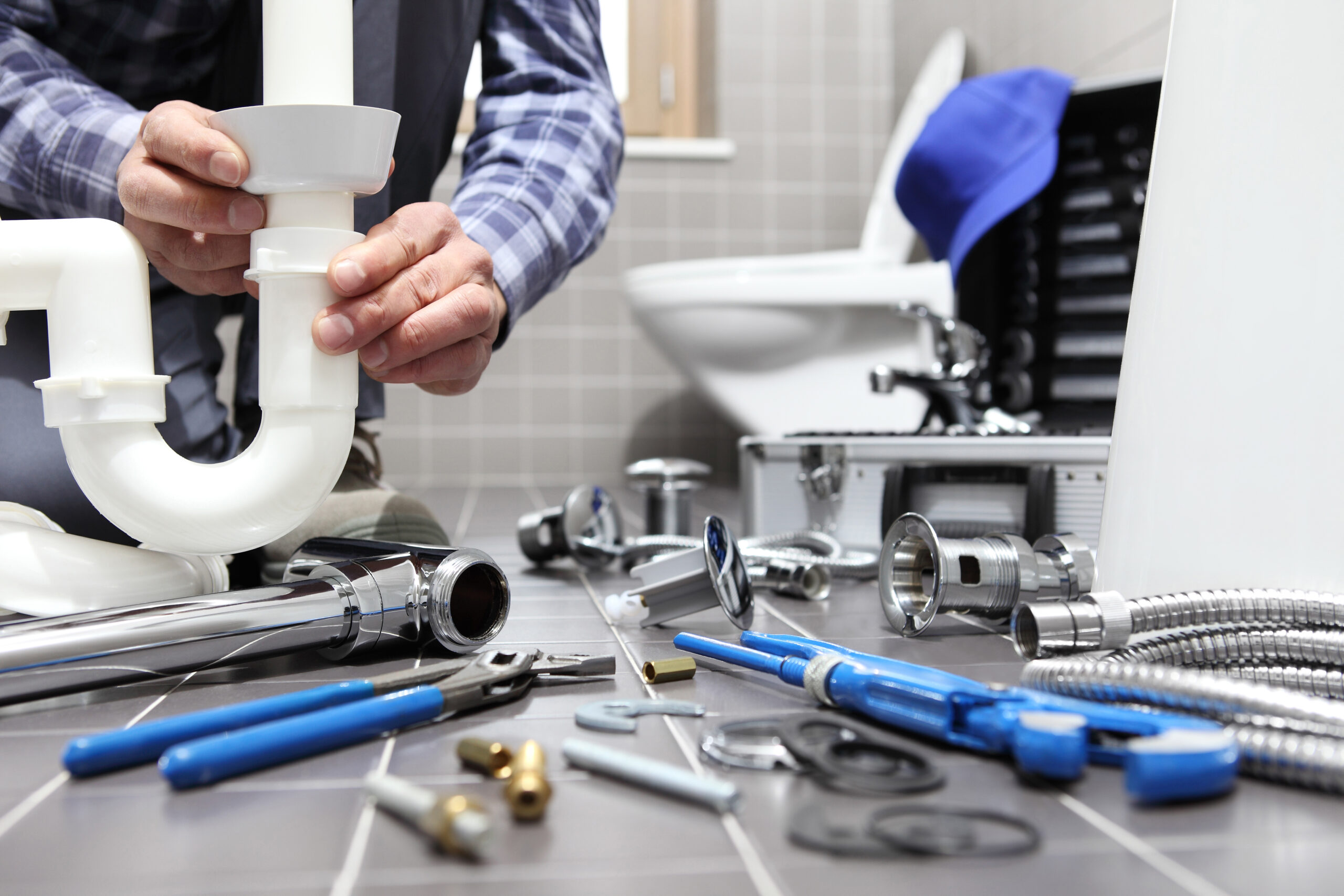
It’s a question as old as time and one that has been answered more times than most people can count. What’s the lifespan of my home’s plumbing? No one wants to think about potentially having to spend big bucks on renovations, but it’s probably best to know what you’re up against before problems start creeping in. It’s not just about leaks; it’s about the gradual deterioration process and the parts that may have to be replaced over time. This is a quality-of-life issue that many people don’t even consider until they are forced to do so by a disaster. Caring […]
Read more »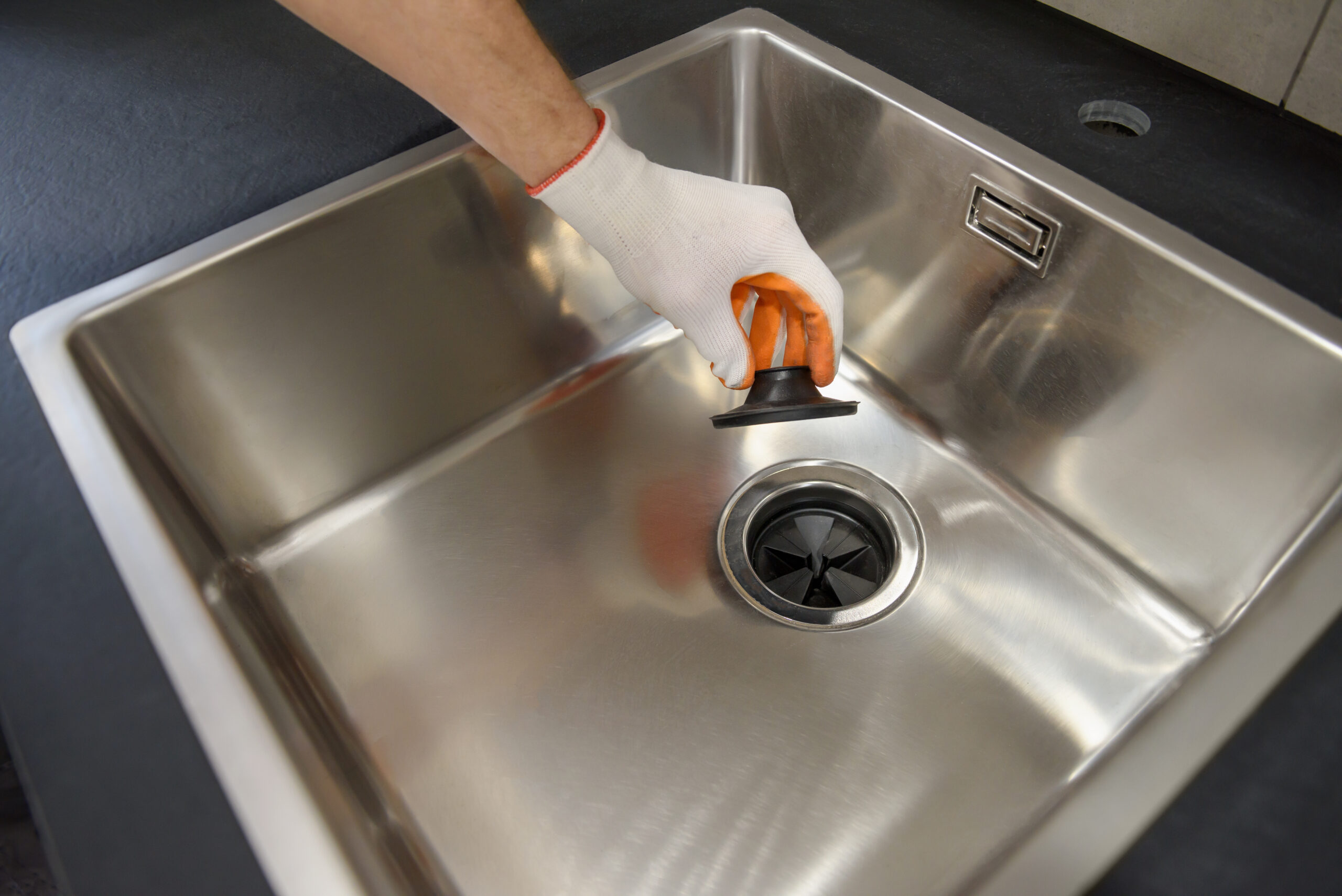
Finding a fast, easy way to clean your garbage disposal might seem like a dream come true, but hacks claiming to leave your system like new can end up doing more harm than good. Before you head to TikTok or YouTube for a crash course in cleaning your garbage disposal, you might want to read up on why plumbing professionals advise against using these methods and what you can do instead to get your system squeaky clean!
Read more »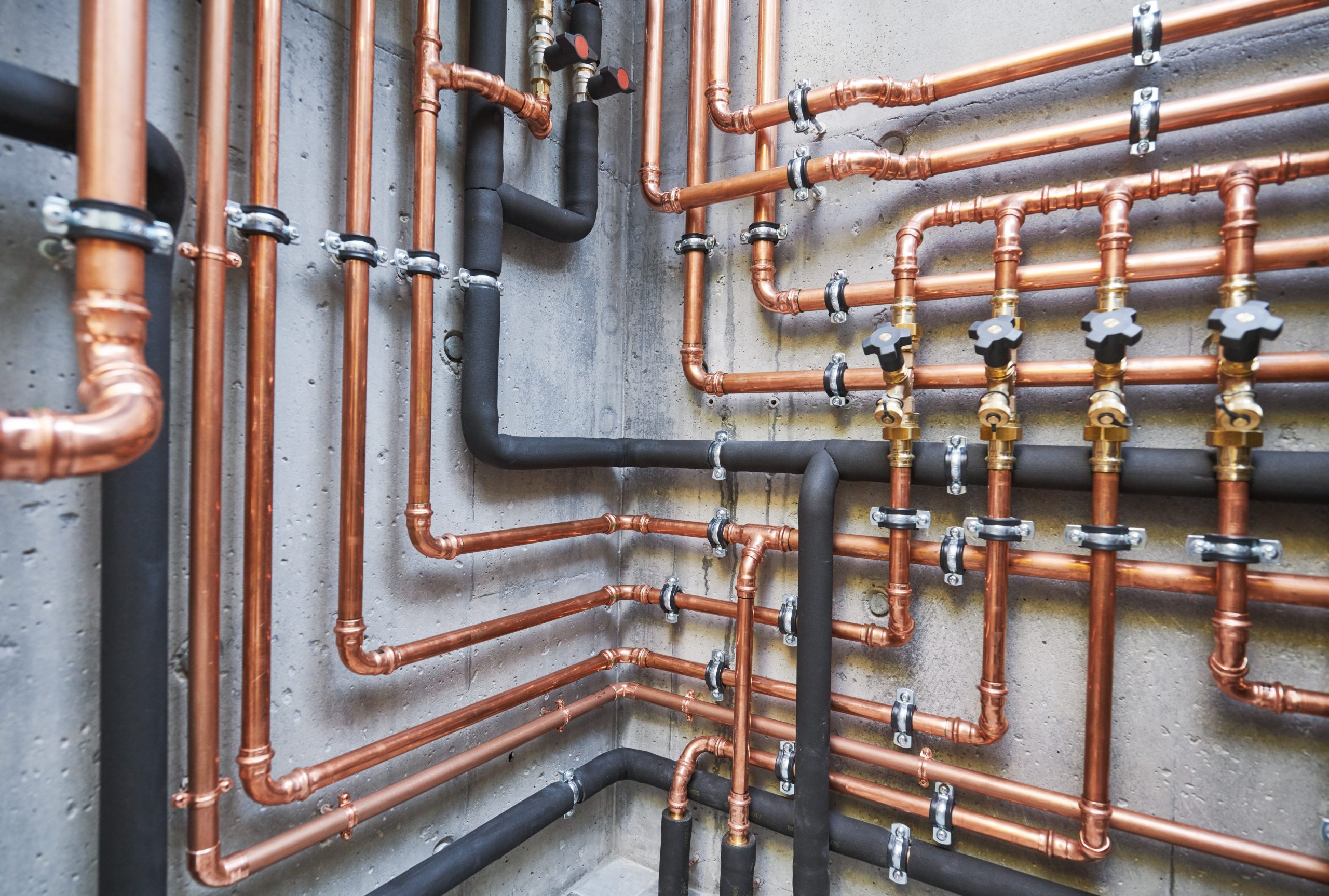
The plumbing industry is constantly evolving. In this roundup, we take a look at the sewage truck market outlook, the 28th plumbing conference in India, and NU working towards bathroom equality. Keep on reading our news roundup for more details. Sewage Truck Market Outlook This Sewage Truck Market report provides details on recent new developments, trade regulations, import-export analysis, production analysis, value chain optimization, market share, the impact of national and local market players, analyzes opportunities in terms of emerging revenue streams and changes in market regulations, strategic market growth analysis, market size, category market growth, application and domain niches, […]
Read more »